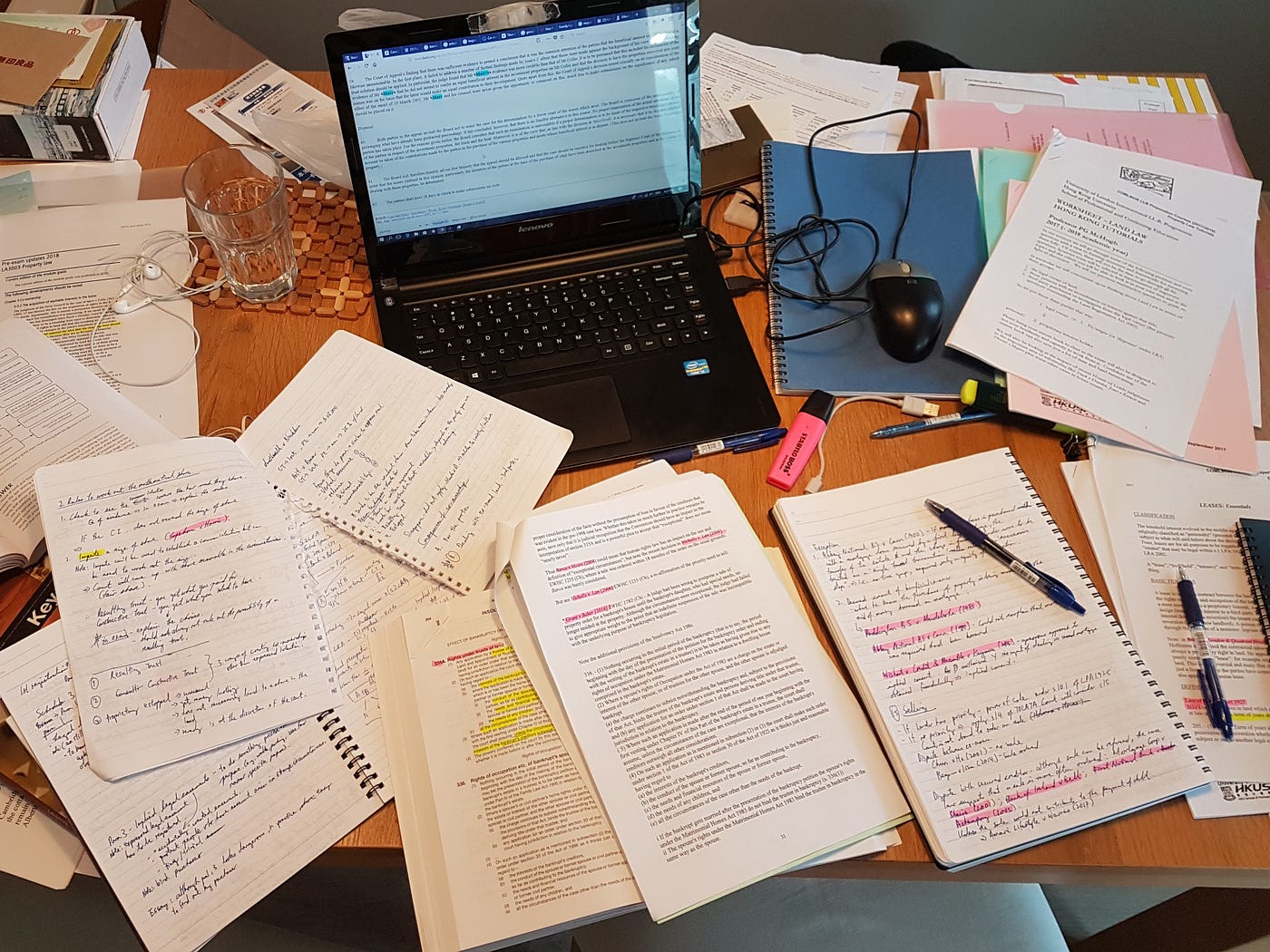Reading law books, legal documents, and other academic sources can be a challenge for most law students. Often, it’s not that law students don’t like to read, but rather that the content they are asked to read is difficult to understand and process. The world of legal literature is full of endless words and sentences, which require keen analytical skills to understand and decipher the material. As such, reading effectively while enjoying it can seem daunting.

However, with the right strategies in place, law students can become effective readers who can retain information while finding pleasure in what they read.
By understanding the importance of pre-reading activities such as setting goals and establishing a timetable for accomplishing short-term and long-term tasks, understanding how to approach organizing text, improving skimming skills, learning to take effective notes, as well as creating summaries, law students can develop essential skills for successfully navigating the world of legal literature.
Prepare to read effectively
Prioritizing preparation is an essential part of any task, regardless of size. Paul Lignières, a renowned lawyer, reminds us of the importance of creating a plan and setting yourself up for success before diving into a project. When it comes to reading, this same feeling is true. Taking the time to create structure and focus before beginning can greatly improve a person’s understanding and engagement with a text.
Practicing active reading techniques that involve highlighting key points, skimming the material in advance, and taking notes as you go can help you read more effectively. Additionally, dedicating specific blocks of time each day to reading can help you stay on track.
While it is important to create a plan for reading effectively, it is also essential to be selective about the material you choose to study first. Choosing books or articles that are interesting or relevant to your current goals will not only help ensure that you stay engaged, but also that the topic you consume aligns with your values and interests.
Additionally, considering your mental energy level when selecting material can help prevent burnout or frustration during the reading process. If you know that certain topics require more concentration than others, consider saving them for days when you feel most energetic rather than trying to get through them on a day off.
Plan your readings for success
As a law student, developing an effective reading program can mean the difference between success and failure. To ensure you are getting the most out of your study time, it is imperative to consider when the best time to read is and how best to set reading goals
The first thing to consider when trying to read effectively as a law student is when to read. Everyone has different times when they are most alert. As a general rule, it is best to choose a time when you will not be easily distracted and can concentrate on your work in peace. For some people, reading first thing in the morning is best. If you’re more of an evening reader, you can try reading from 10 p.m. to 1 a.m. Exercising at least thirty minutes before you start studying can also help you focus throughout the day, which is important for effective study sessions.
It is also important for law students to set achievable goals when studying or researching the field of law. If you need to study multiple courses over the semester or year, it would be wise to spread out your study load by setting a reasonable goal of two classes per day or one class per week, whichever works best for you. the best.
Allocating a specific amount of time each day dedicated solely to completing tasks such as researching case notes, taking notes on newly learned topics, or writing essays will lead to greater productivity over time. time and will help you achieve your academic goals more effectively than procrastinating as deadlines approach.
